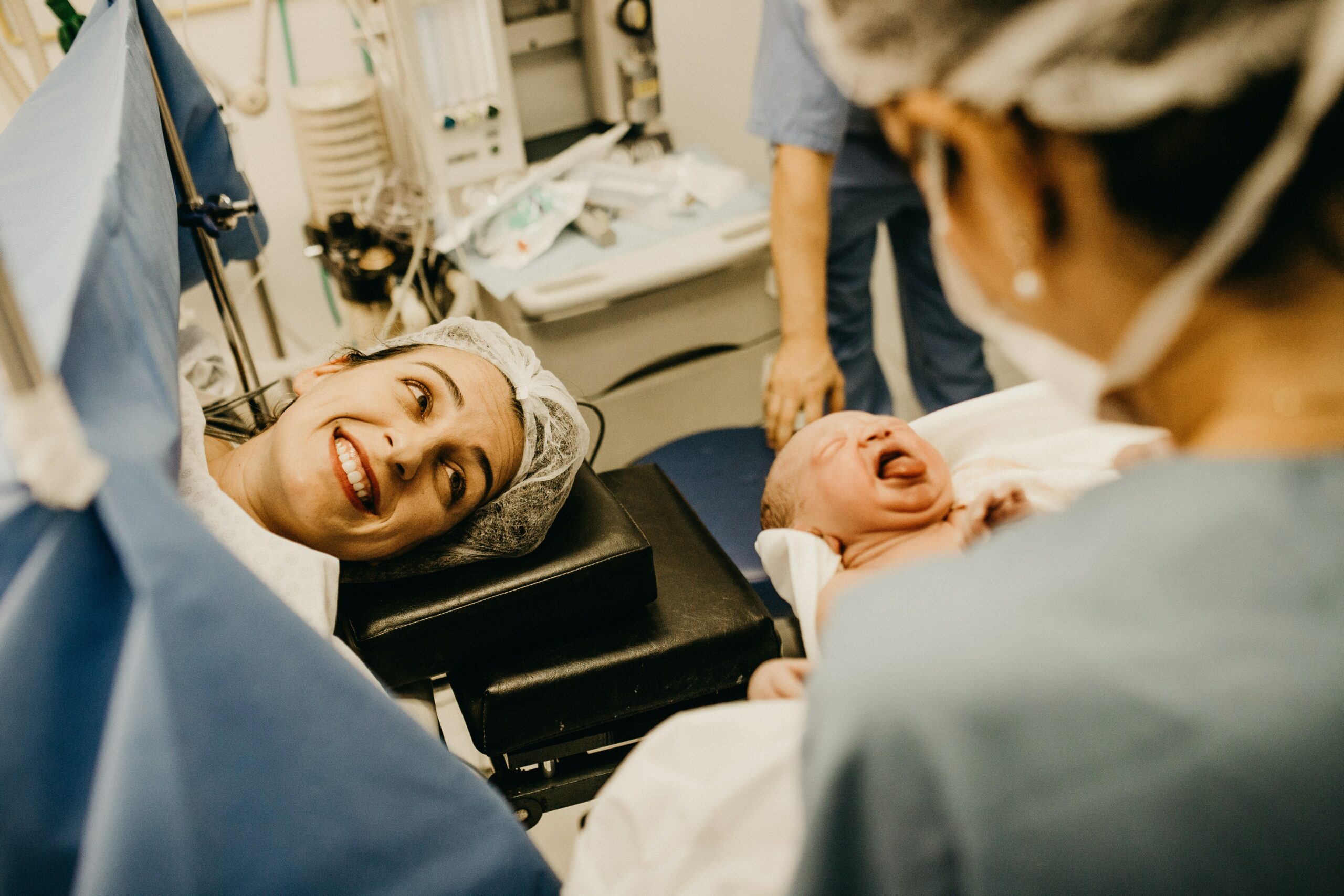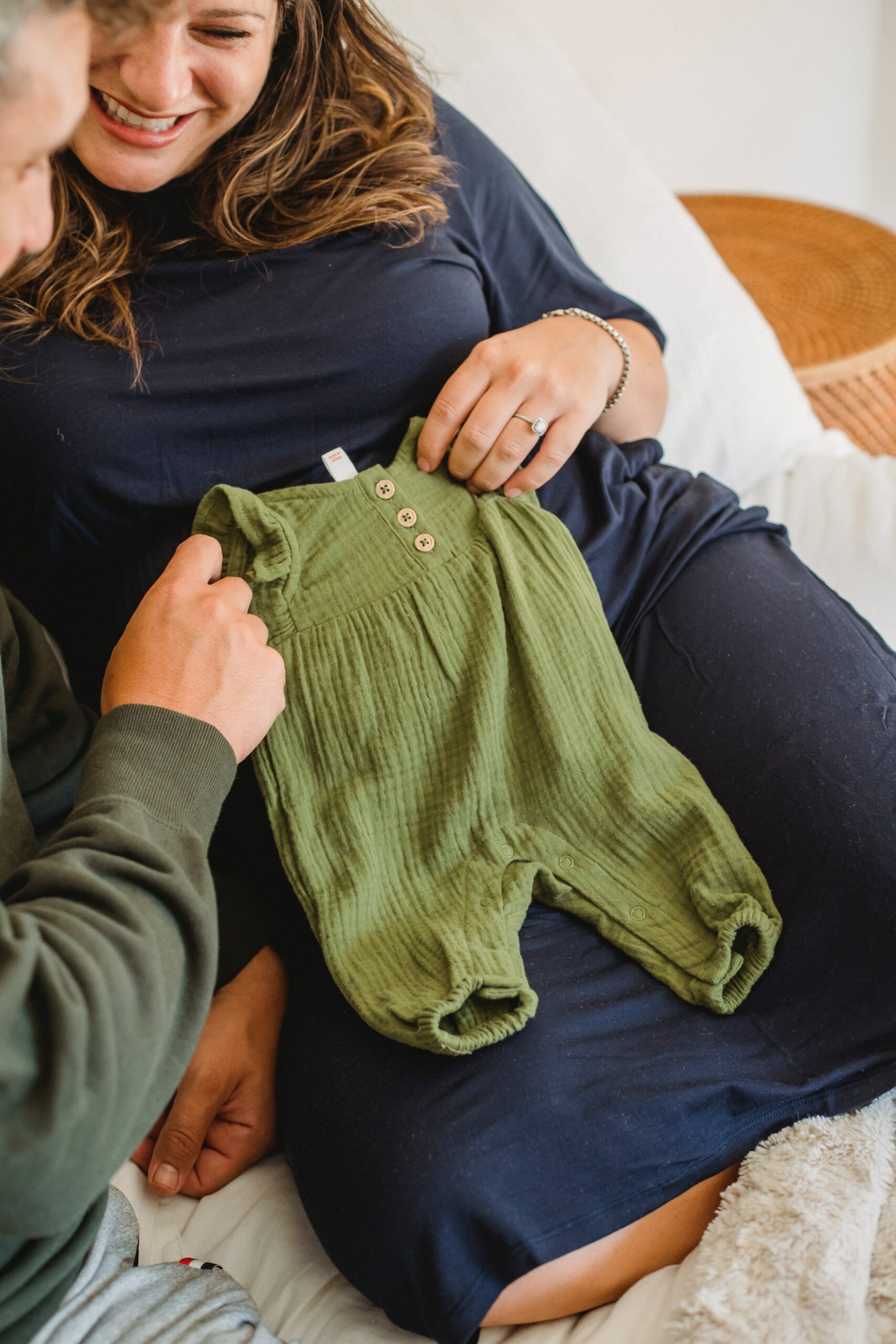When you are expecting, there is generally a long list of things you need to accomplish or make a decision about prior to welcoming the newest member of your family. Have you heard other mothers talking about cord blood banking or is this your first time hearing about it? With July being Cord Blood Awareness Month, we thought it would be a good time to share some information with you about the topic.
What is Cord Blood?
Basically, cord blood is the blood from the baby that remains in the umbilical cord and placenta after birth. It contains cells called hematopoietic stem cells (a type of blood cell that can mature into other types of blood cells) that can be used to treat some types of diseases.
What is Cord Blood Banking?
Cord blood banking is a procedure in which the blood from the umbilical cord is taken from the umbilical cord after delivery and can be stored for public or private use to be used in a stem cell transplant.
Generally, collecting cord blood has very little to no risk at all. If a baby’s cord blood isn’t collected to preserve or to use in research, it is discarded. If you and your partner are considering cord blood banking, consider the differences between using a public and private facility. For example:
- Public cord blood banking facility. If you choose this option, your baby’s cord blood will be available for research or for public use. Cord blood from unrelated donors can be used to treat conditions such as leukemia. Cord blood can be collected at any facility where health care providers are trained to recover cord blood. Public facilities generally don’t charge to store cord blood, but there may be a hospital fee for collection. The donation is then shipped to a cord blood bank. When you select cord blood banked in a public program it is likely it will not be available for future private use.
- Private cord blood banking facility. You may want to choose this option if you want to preserve your baby’s cord blood for potential personal use. There are considerables costs that include a collection fee and maintenance costs and there is a good chance that your child may never need it. Also, there is a chance that the banked cord blood you provided for a possible stem cell transplant will no longer be viable or be suitable for a transplant.
Consult your healthcare provider
If you are truly interested in storing cord blood – it would be best to consult with your doctor between 28 and 34 weeks of pregnancy about your plan to do so. At OB-GYN Women’s Centre of Lakewood Ranch, we are here to help answer your questions in an effort to help you make the most informed decisions. OB-GYN Women’s Centre of Lakewood Ranch, is committed to caring for women throughout their lives. From the first gynecological visit to menopause care, we offer health services for every woman. Call us today at (941) 907-3008, or request an appointment.




